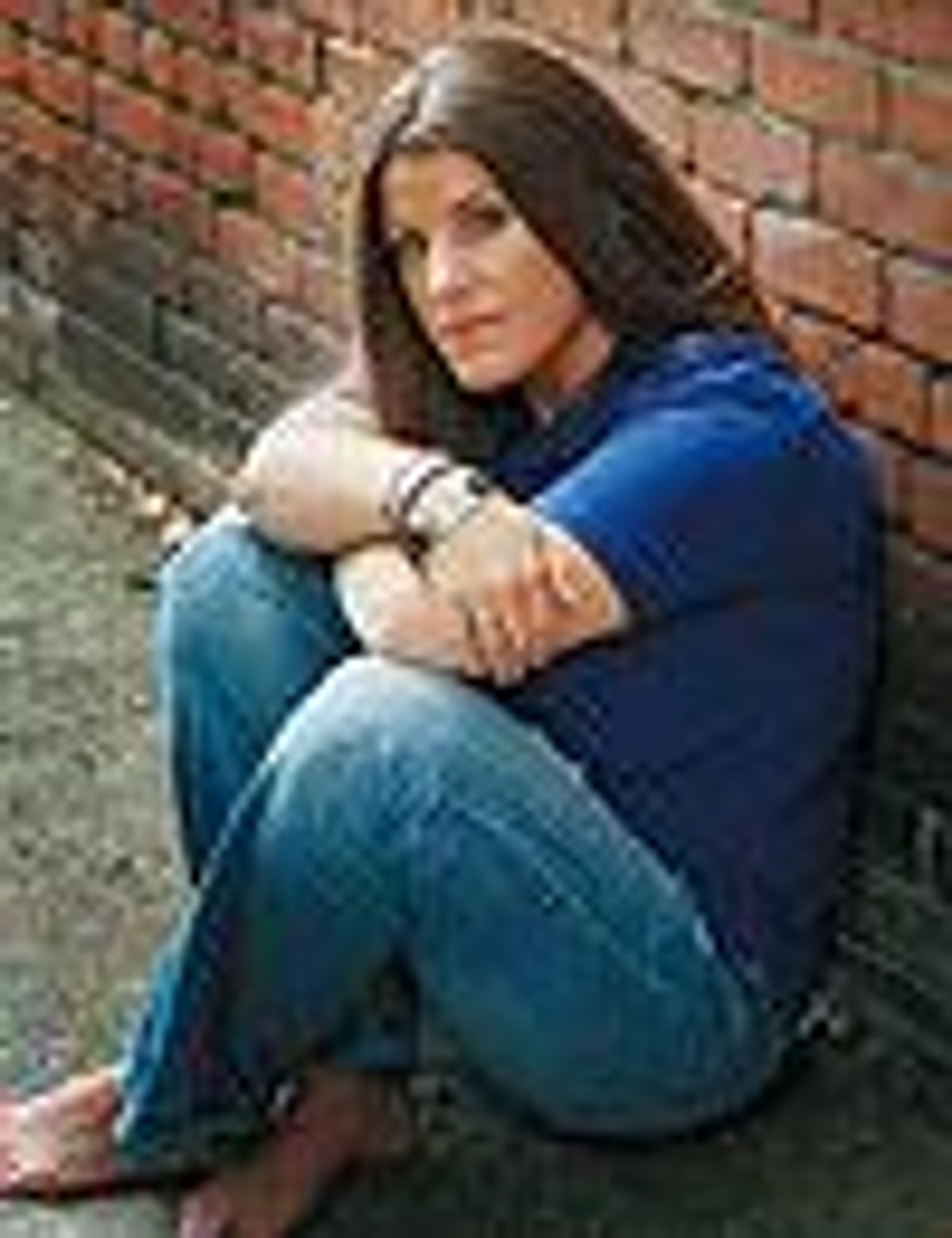
A new memoir about one woman's fight with addiction speaks volumes
February 22 2008 12:00 AM EST
November 17 2015 5:28 AM EST
By continuing to use our site, you agree to our Private Policy and Terms of Use.

A new memoir about one woman's fight with addiction speaks volumes
During her teenage years, Jennifer Storm was raped, attempted suicide, became an alcoholic and a crack addict, and endured almost constant family drama. After entering rehab at 22 and rediscovering herself, both as a sober person and a lesbian, Storm, now 32, works as the executive director of the Victim/Witness Assistance Program in Dauphin County, Pa. In her plainspoken memoir, Blackout Girl, published in February by the famous Hazelden clinic, Storm describes what her life was like--and by analogy the addictions many gay and lesbian teenagers struggle with.
What prompted you to write Blackout Girl? Journaling has been a good healing method for me. The more years I got into sobriety, I wanted to tell my story in some way. It's time for a much larger dialogue--and not just in the gay community. I hope my book opens some of the doors to doing that.
Do gays and lesbians have unique experiences with addiction? In the gay community we don't talk enough about addiction, and it runs rampant [among us]. Recent studies estimate that 30% of all lesbians have a drinking problem. When you take any group that is historically oppressed, there's a stronger tendency to need ways to escape, especially if you're in a situation where you can't come out. An easy way to deal with that is to drink. It's an easy out. Plus a lot of the functions in the gay community revolve around alcohol. If you're a new person starting to enter the community, you go to the bars.
What is the biggest problem faced by gay youths? Isolation. It's one of the reasons I had addictions. You're confused, you're feeling isolated, and here's this method that can help you forget about it all and fit in. When I realized that I didn't know what was going on with my sexuality, then I figured I better become this heterosexual norm. That was easier to do when I was loaded. It made it easier to hook up with guys: I didn't have to be fully present. You're not able to be who you truly are, and you have to come out in anger, come out in depression, or come out in some abusive manner.
Why don't gay people like to talk about these issues? Because our community comes under fire so often. When we have to dive into the problems that affect our community, we shy away from the problems that don't put us in a good light. We don't discuss them because it's more fuel for the fire.
How often do you work with gay and lesbian youths through your job in victim services? Not as much as I'd like. They don't come forward because of their sexuality. We've had a couple of instances of youth--either a domestic violence situation or a bullying situation--and they've confided in us about their identities, but we can't offer them the services that we'd like to because their parents aren't supportive. One case, a kid was getting beaten up badly. We were trying to get him set up with our gay youth organization, but the mom just reamed us out. We have to be careful if they're underage.